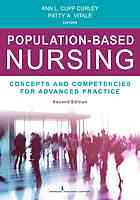Population-Based Nursing
Concepts and Competencies for Advanced Practice
Praise for the First Edition:
لغو
ذخیره و ثبت ترجمه


دیدگاه کاربران